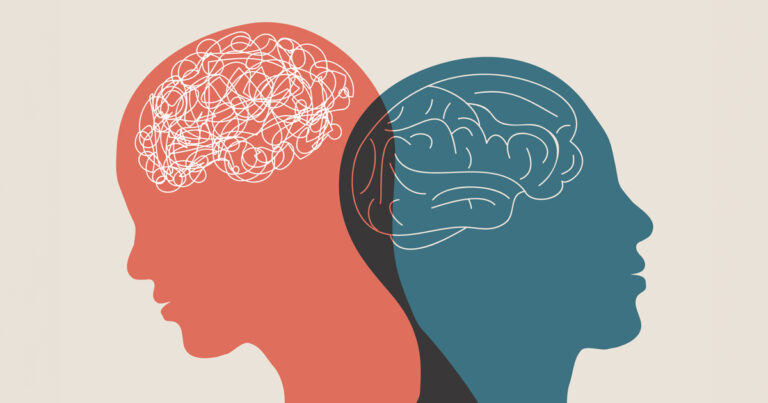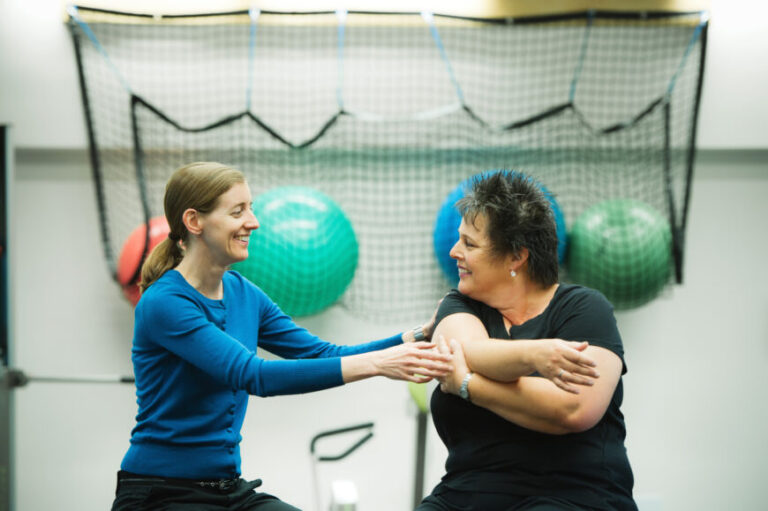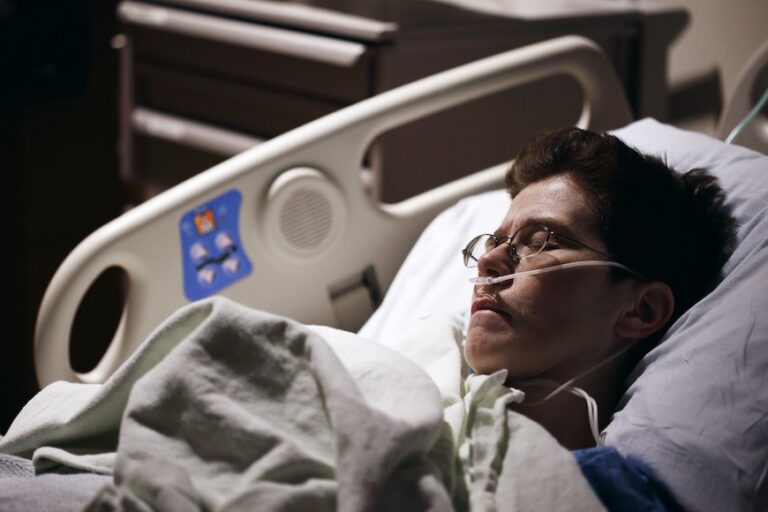Health & Medicine
-

UBC student develops website to help Canadians choose the right type of abortion
PhD student Kate Wahl developed It’s My Choice, Canada’s first interactive website aimed at helping people identify the abortion option that best fits their values and circumstances.
-

Why your plans to age in place need to start now
Dr. Karen Humphreys, clinical instructor from UBC’s faculty of medicine and internal medicine specialist, pulls together advice on fitness, functionality and financial health for the wave of Canadian baby boomers who may soon find themselves in a social safety net that is fraying under their weight.
-

Solar eclipses associated with increased traffic fatalities
The research revealed a significant increase in traffic risk around the time of the total eclipse, resulting in 46 extra deaths in the U.S.
-

UBC study challenges alarming U.S. maternal death rate reports
Reports of a dramatic upward trend in the U.S. maternal death rate are being challenged by new UBC research published today in the American Journal of Obstetrics and Gynecology.
-

A safer treatment path for high-risk children to overcome food allergies
New UBC research reveals a safe path to overcoming food allergies for older children and others who can’t risk consuming allergens orally to build up their resistance.
-

Young people at the centre of the toxic drug crisis
Dr. Danya Fast captures the experience of youth who use drugs in her new book, The Best Place: Addiction, Intervention, and Living and Dying Young in Vancouver.
-

UBC researchers launch clinical trial exploring CBD for bipolar depression
This is a first-of-its-kind clinical trial investigating the potential of cannabidiol (CBD) as a treatment for bipolar depression.
-

How exercise can boost cancer treatment and recovery
A team of UBC researchers wants to help people living with cancer incorporate exercise as an important part of their treatment and recovery.
-

Hospitals dealing with increasingly complex patients, data reveals
A UBC analysis of 3.4 million hospitalizations in B.C. between 2002 and 2017 revealed that patients are becoming more complex.




